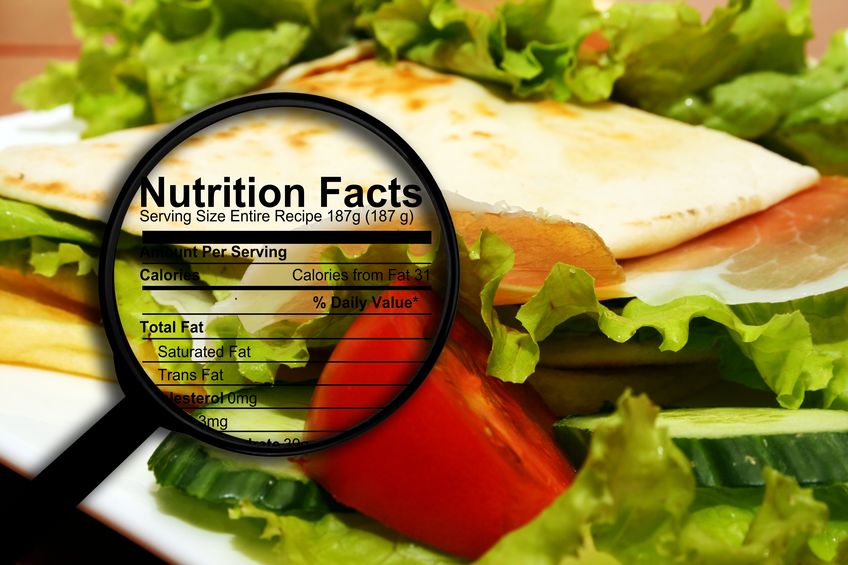Important Foods
It is well-documented that nutritional status is closely associated with immunity and host resistance to infection.
A primary task in nutritional immunology research is to identify such dietary factors and to define their optimal intake in terms of maintaining immunological balance and strengthening defense against pathogens.
In addition to vitamins A, D, C and Zinc previously cited for their foundational/modulating effect human studies present promising findings suggesting a clinical benefit also of additional nutrients that are well obtained in certain foods, specifically:

- Omega-3s;
- The highest amount per serving is in Chia seeds! That’s only 1 ounce or 2Tblsp. That provides approximately 5000mg. Followed by walnuts and flaxseed. Mackerel and salmon are the highest fish followed by smaller varieties, caviar and sardines. Interestingly, you can obtain a whole RDA for omegas in one serving, adult dose 3 -4 gms. per day from any of the above. This is unique to other foods where you mostly get only a portion of the daily requirement.
- Green Tea;
- Epigallocatechin-3-gallate, known as and listed on supplement labels as ECGC, the most bioactive form of the catechins per immune function. Effective in neutralizing free radicals more than Vitamin C by two-fold.
- One brewed cup, 8 ounces has a whopping 50 – 100 milligrams of EGCG.
- Decaffeinated brewed green tea has only approximately 60 mgs.
- Flavored brewed green tea has about 45 milligrams.
- Instant or bottled green tea only has 9 milligrams or less.
There are some contraindications to high intake. 300 mgs. per day is generally considered safe.
- Probiotics;
- Immune effects on the mucosal system are not limited to gut, with modulating processes observed in other mucosal systems as the upper respiratory tract. Studies have indicated that pro-inflammatory cytokines are produced to facilitate immune responses against infection and they may also induce anti-inflammatory cytokines to mitigate the excessive inflammatory reaction leading to a balanced homeostasis. We know that yogurt is the most abundant in probiotics ounce for ounce. But there are non-dairy products also that provide significant probiotics. Many fermented foods provide a good source; sauerkraut, pickles and Kimchi.
Also, tempeh, fermented, cooked soy sold often in flavors like herb-garlic and teriyaki is ready to eat and can be used anyway you use cheese or meat and there are 8 gms. of protein in 2 ounces.
Nutritional Modulation of Immune Function: Analysis of Evidence, Mechanisms, and Clinical Relevance
USDA Database for the Flavonoid Content of Selected Foods
Beneficial Properties of Probiotics
